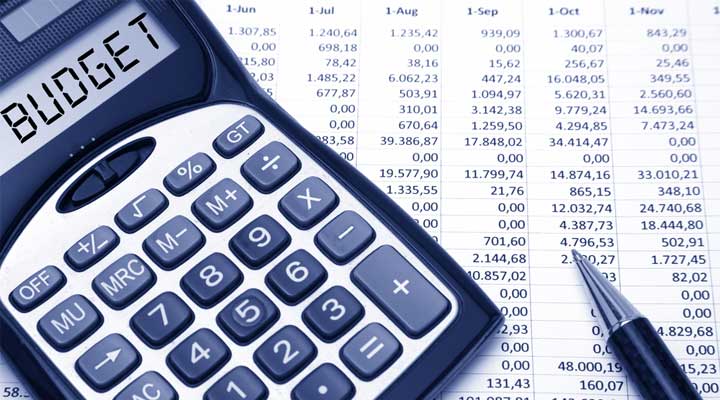Budgets are a necessity; they help prevent overspending and provide protection against cash leakage. Most people know that they should have a budget and a good number of those people do put together a budget. Unfortunately, those good intentions don’t always seem to deliver the hoped-for results at the end of the month. Too often, those budgets are derailed by unexpected expenses or by payments that were simply left out of the budget. If you are constantly finding that your budget isn’t enough to accommodate all of your expenses, there may be some items that you should add to your list:
- Bills that come up on a quarterly basis and other bills that are regular, but not monthly
- Annual bills like taxes on your property, insurance premiums, and vehicle registration
- Membership fees or subscriptions to the gym, warehouse clubs, newspapers, and magazines
- Maintenance costs such as auto repairs and seasonal tasks around the home
- Significant repairs to the home such as replacing windows or appliances
- Medical costs that you can anticipate such as routine physicals, exams, and prescriptions
- Items that you want to save for, including new cars and appliances
- Gifts for birthdays, holidays, anniversaries, and the like
- Costs related to the care of your pet
- Vacation costs – plan ahead and set aside money each month for vacations
- Routine business expenses including fees for tax preparation or continuing education for your job
- Donations to your chosen charities and for fundraisers that you want to support
- A little bit of spending money – hobbies, a quick lunch, little treats for yourself or others
- Entertainment: eating out, movies, those activities that fit your lifestyle
- Clothing purchases whether for work, seasonal, or just to update your closet
These fifteen expenses are some of the most common budget items that get left out.
Getting Control of Your Budget
You can make a positive difference in the effectiveness of your budget by laying out your yearly spreadsheets, adding in those bills that don’t come on a monthly basis, including a bit of money each month for different savings accounts, and including all of those small items that add up.
You might also want to consider using a personal-finance program to help you identify any other areas of the budget that are slipping by. As you pay close attention to where you spend your money each month, you’ll be able to improve the accuracy of your monthly budget and begin to see some positive changes in the checkbook at the end of each month.
